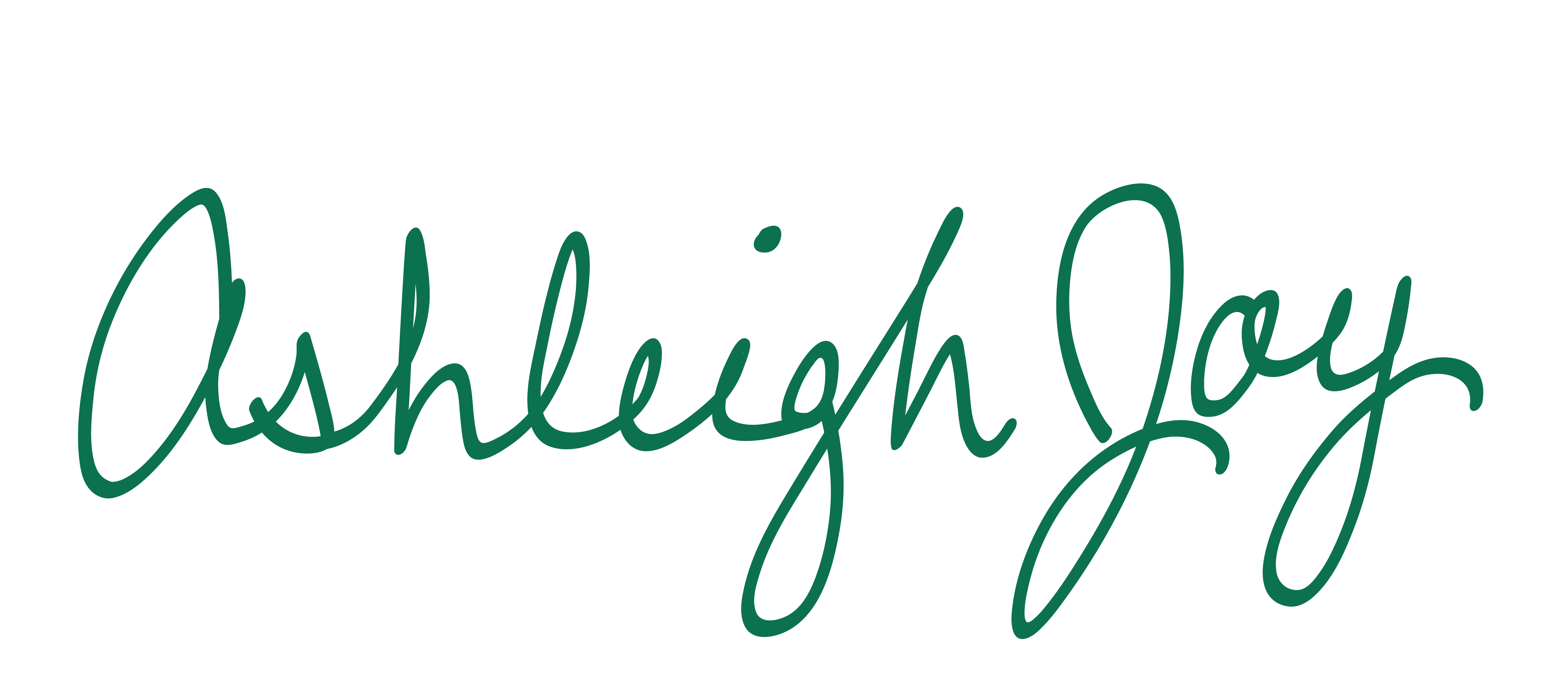About the Project
I completed my Master’s thesis in December 2020 with a paper titled Authentic Learning’s Impact on Engagement and Employability. This paper combined a review of recent literature with a research study design and reflection about popular topics in education. Due to the COVID-19 pandemic, the research study I designed was not carried out, but it could be used in future years to help strengthen my teaching practice.
Abstract
Project-based/authentic learning, as an instructional strategy, has a reputation of being highly engaging and beneficial to students. In today’s classrooms, teachers strive to practice research-based teaching strategies to effectively prepare students for the next stages of their lives, especially adolescent students preparing for careers or for college. This paper synthesizes recent research that studied the impact of project-learning in regards to adolescents’ academic achievement, student engagement, and development of soft skills. A majority of the research positively frames project-based learning as a proven strategy that improves student engagement, soft skills, career awareness, and academic performance. Other studies report contradicting results, including social barriers and cases where increased engagement and achievement were not proven to be explicitly tied to project-based learning. Based on the literature review, it’s clear that more research should be conducted to measure authentic learning’s impact on student achievement. As a result, this paper presents its own research design that compares traditional teaching strategies and authentic learning within one unit to specifically measure authentic learning’s impact on students’ engagement and soft skill development in the tenth grade Business Technology CVTE classroom. In addition to scientific research, this paper also analyzes contemporary standpoints from education experts about our changing education system and ways to improve student engagement with instructional strategies. The result of this research and analysis suggests that we can heighten adolescents’ engagement and employability with a combination of enthusiastic lesson delivery and authentic learning activities that reinforce career-specific applications and workplace-like interactions.
Table of Contents
Chapter 1
- Introduction
- Research Question
- How does authentic and project-based learning impact the engagement and soft skills of 10th grade students participating in career and technical education?
- Contextual Factors
- Significance
- Definitions
Chapter 2
- Introduction to Literature Review
- Annotated Bibliography
- Analysis of Sources
- Academic Achievement and Student Engagement
- Social Impact and Personal Development
- Barriers and Contradictions
- Literature Review Integration/Summary
Chapter 3
- Intervention
- Scope of Project
- Attention to individual differences in student learning
- Use of technology in intervention
- Description of data collection process
- Assessments
Chapter 4
- Analysis of Talks/Overview
- Ken Robinson Ted Talk: Do Schools Kill Creativity?
- Ken Robinson Ted Talk: Bring on the Learning Revolution!
- Christopher Emdin Ted Talk: Teach Teachers How to Create Magic
- Gabe Zichermann Ted Talk: How Games Make Kids Smarter
- Conclusion of Talks
Chapter 5
- Reflection
- Ken Robinson’s Education Revolution and Project-based Learning
- Teacher Enthusiasm, Gamification, and Student Engagement
- Personal/Professional Growth
Appendices
- Appendix A: Soft Skills Authentic Learning Survey
- Appendix B: Time Management and Standing out Quiz
- Appendix C: Time Management and Standing Out Performance Rubric
- Appendix D: Time Management and Standing Out Observation Worksheet
- Appendix E: Teacher Self-Assessment 2020-2021
- Appendix F: Student Learning and Professional Practice Goal 2020-2021
